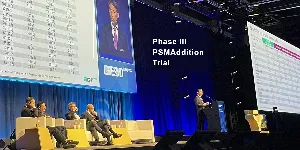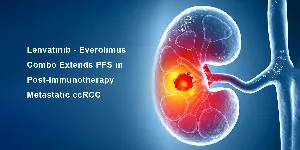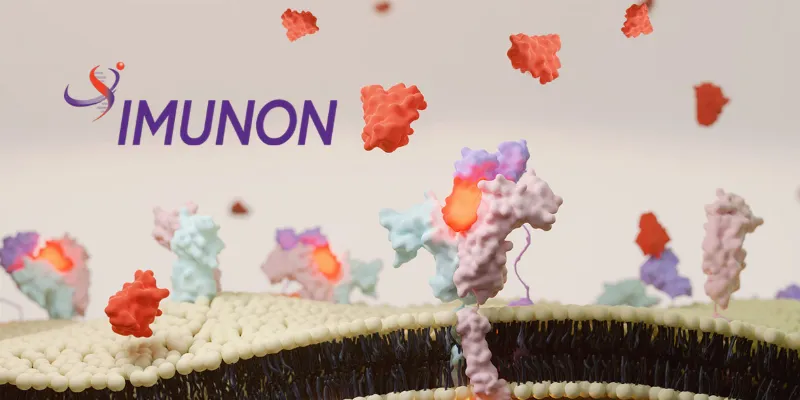Next-Generation Weight Loss Therapeutic Nimacimab Enters Phase 2 Clinical Trial

22 August 2024
The next-generation weight loss therapeutic, nimacimab, has entered the Phase 2 CBeyond clinical trial. The study aims to determine the safety of nimacimab, focusing on sustainable weight loss and minimizing the psychiatric side effects observed in previous CB1 inhibitors.
Skye Bioscience has started screening patients for a Phase 2 clinical trial (CBeyond™) of its novel peripheral CB1 inhibitor, nimacimab, a negative allosteric modulating antibody targeting obesity. This study not only tests nimacimab's effectiveness and safety in conjunction with the GLP-1 receptor agonist Wegovy, but also marks a significant stride beyond traditional incretin-based therapies.
Nimacimab, represents a promising advancement in obesity treatment. The trial's comprehensive design, bolstered by a recent $90 million funding boost and NASDAQ uplisting, positions Skye as a leader in advancing obesity treatment without previous psychiatric side effects.
“There is clearly a need for alternative mechanisms of action that can provide physicians and patients with improved overall health outcomes in the pursuit of weight loss beyond those achieved with GLP-1 and GIP drugs. We believe that peripheral CB1 inhibition, and nimacimab, a unique biologic drug within the class, have attributes that may help provide such outcomes,” said Punit Dhillon, CEO of Skye. “CB1 inhibition research has shown its potential to directly promote energy expenditure and fat breakdown, improve leptin sensitivity, and peripherally modulate hunger and satiety.”
Unique Aspects of the Trial
The CBeyond trial will involve 120 participants across four groups, exploring nimacimab both as a standalone therapy and in combination with the GLP-1 receptor agonist, Wegovy. This combination is particularly noteworthy as it integrates nimacimab’s unique mechanism with established GLP-1-based therapies, potentially enhancing weight loss outcomes while maintaining safety.
Skye’s approach is grounded in robust scientific rationale, suggesting that peripheral CB1 inhibition can directly boost energy expenditure and fat breakdown, enhance leptin sensitivity, and regulate hunger and satiety more effectively. These factors are crucial for achieving sustainable weight loss, which remains a major challenge in obesity treatment.
The trial's design is comprehensive, incorporating a double-blinded setup for some participants and a partially-blinded setup for others, ensuring rigorous evaluation of the results. Primary outcomes will focus on the degree of weight loss achieved with nimacimab compared to placebo, with a strong statistical power designed to detect significant differences.
Secondary and exploratory endpoints include assessments of safety and tolerability, neuropsychiatric and cognitive effects, changes in body composition, and key metabolic parameters. An innovative aspect of the study is the evaluation of sleep quality using advanced monitoring technology, reflecting the intricate relationship between obesity and sleep-related disorders.
Implications for Obesity Treatment
This trial is pivotal for patients with obesity, as it may offer a new avenue for obesity management—one that avoids the pitfalls of central nervous system effects while targeting metabolic health more holistically.
Skye's commitment to exploring this new therapeutic pathway is supported by substantial investment, including over $90 million raised in 2024 and a successful listing on NASDAQ. As the trial progresses, interim results expected in the second quarter of 2025 and final data by the end of that year will provide crucial insights into nimacimab’s potential as a leading therapy in the fight against obesity.











Comments
No Comments Yet!